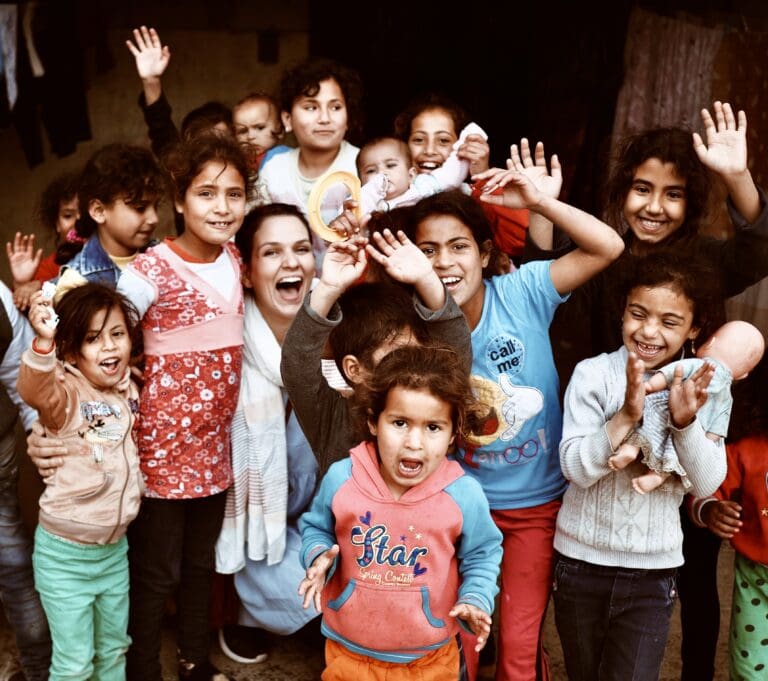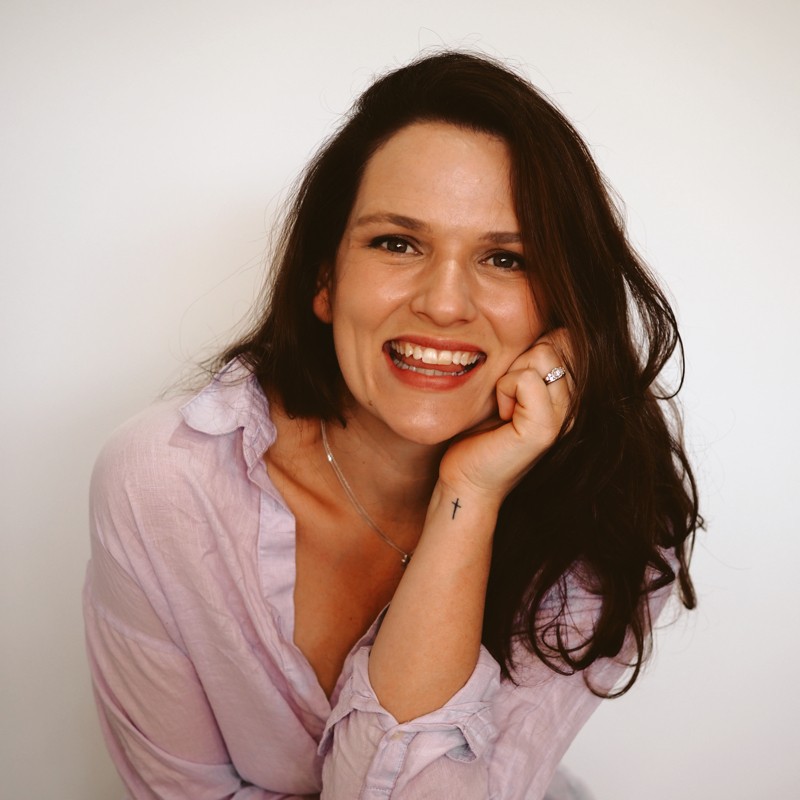Nobody Chooses To Be A Refugee

I remember sitting in a refugee camp on the Syrian border at the height of the war with ISIS. The stunning Bekka Valley, a renowned wine region in Lebanon, had been all but trampled by an influx of over 500,000 refugees now living in makeshift tents amongst the grapevines.
It was a hopeless sight. Tens of thousands of families making do with what they had. Lines of people waiting for help from local churches and community groups, scrapping for food and any sort of income, or education for their children.
I was honoured to be invited into a tent, someone’s home, and greeted with a cup of tea and a generous offering of whatever they had from their food pack. It was one of the most stunning displays of hospitality I had ever experienced.
I sat with this family for an hour or so, as they told their story of fleeing the war, and ultimately, Islamic extremists. How they had walked on foot from Homs, Syria to Lebanon—a couple of hundred kilometres, with their children, and nothing but the clothes on their backs. One of the women was 6 months pregnant at the time.
We met a man in one of these camps who had a wife and 5 children to support. They were living in an abandoned chicken coup. He had tried to pick up work here and there, taking anything he could get, which wasn’t much.
Looking in his eyes, it was the first time I’ve ever seen someone who has truly lost all hope. After years of extreme stress, dealing with the horrific circumstances handed to him, fighting for the most basic of human needs, his eyes spoke of nothing but hopelessness.
I remember being struck by the juxtaposition of the situation. These people were not dropkicks, down and outers on the fringes of their society. Back home, they were lawyers, architects, doctors and professors. They were educated people who had worked hard all their lives to support their families and the communities around them.
And yet, in an instant, their lives seemingly amounted to nought. Their lifestyles went from affluence to squalor. Their somewhat predictable future turned into months, years of unknowns. They didn’t want to leave their homeland, in fact they didn’t even choose to. They had no choice but to.
It was a heartbreaking reality, and one that rattled my preconceived ideas about refugees, asylum seekers and ‘boat people’. Because for the first time I realised, the only difference between me and ‘them’ was the country I was born in.
And if the roles were reversed and I was in their situation, I would want the world to see and acknowledge our shared humanity. Our need and our right for dignity, for safety. To be seen and loved and held in our moments of absolute need. To be welcomed with arms wide open and ears that listen to the stories of our lives, and how we ended up where we are.
What if we viewed each other with the assurance that we have many things in common, rather than weaponising our differences?
It was this kind of thinking that led me to co-found Charitabl., an app that hosts thousands of respected charities in one place.
On this World Refugee Day, if you’re interested to learn more about organisations who work in this space, I encourage you to download the app and check out the Featured Carousel. It doesn’t take much to make a difference in someone’s life. We’ve taken the guess work out of it and have found ten charities that are worthy of your support.
Because remember, nobody chooses to become a refugee and ‘they’ are much more like ‘us’ than we realise.
Glimmer is committed to supporting initiatives like Charitabl., who aspire to provide much needed humanitarian aid. Today, on World Refugee Day, join the Glimmer community in supporting the millions of refugees displaced around the world.
Glimmer proudly supports and promotes the United Nations 17 Sustainable Development Goals (SDGs) for a better world.
- About the Author
- Latest Posts
Joce Goto is the cofounder of Charitabl. and FaceMail, two very different businesses that share the same heart of kindness, generosity and making the world a better place. Joce has spent the majority of her career in the not-for-profit space, and has travelled throughout the Middle East and Central Asia meeting people, listening to their stories and finding the common thread of humanity that is always present, you just have to look for it. As a woman who has overcome many personal challenges, Joce is wildly empathetic towards and passionate about women, and providing a safe place where people feel seen, valued and loved no matter their stories.







